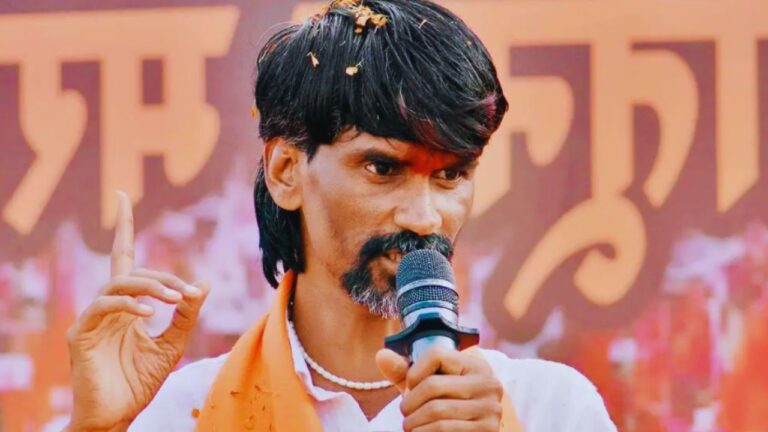
When laws are framed and debated, their constitutionality is often the first parameter on which they are tested. But does being constitutionally valid automatically make a law desirable or beneficial for society? Former Chief Justice of India (CJI) Justice H.R. Khanna recently addressed this complex question during an interaction with a Parliamentary Committee, reminding lawmakers that legal soundness and public desirability are not always the same. His statement has sparked important discussions on the balance between legality, governance, and societal impact.
The Context Of Justice Khanna’s Remarks
The Parliamentary Committee was conducting a review of certain legislative provisions, examining not only their constitutional standing but also their relevance in today’s socio-political and economic climate. Justice Khanna, who is widely respected for his balanced views on law and governance, emphasized that while courts assess constitutionality, Parliament has the wider responsibility to evaluate the broader implications of laws.
According to him, constitutionality is a legal threshold, while desirability is a policy and societal threshold. A law may pass judicial scrutiny but still fall short of meeting societal expectations or long-term governance goals.
Why Constitutionality And Desirability Differ , Ex-CJI Khanna’s
Justice Khanna illustrated the point by stressing that the Constitution lays down broad principles of equality, liberty, and justice. However, within this framework, Parliament enjoys wide powers to legislate. This means that while courts may not strike down a law as unconstitutional, it may still be unsuitable in practice.
For example:
- A tax law could be constitutionally valid but impose disproportionate burdens on small businesses.
- A regulatory law might comply with fundamental rights but create excessive bureaucracy that hampers innovation.
- A criminal law may not violate constitutional protections but still be considered outdated or unnecessarily harsh.
Thus, desirability brings in a layer of practical wisdom and social consciousness that goes beyond legal text.
Implications For Lawmakers
Justice Khanna’s remarks are particularly significant for Parliament and its committees, which bear the ultimate responsibility of making laws in a democratic setup. The judiciary can only review the legal standing of a statute, but it is up to lawmakers to ensure that:
- Laws are forward-looking, aligning with evolving societal needs.
- They balance constitutional ideals with practical governance goals.
- They avoid being tools of overregulation or political expediency.
By stressing this point, Justice Khanna reminded the committee that legality should not be treated as the end of legislative scrutiny; rather, it should be the beginning of deeper policy evaluation.
A Reminder Of His Judicial Philosophy
Justice Khanna’s observations reflect his long-standing judicial philosophy. Known for his historic dissent during the Emergency (1975–77) in the ADM Jabalpur case, he has always championed the idea that law must serve society, not merely power structures. His statement to the committee echoes the same spirit—laws must not only withstand constitutional tests but also serve the people meaningfully.

Broader Public Debate
His remarks have reignited debates on how India approaches law-making. Should Parliament focus more on periodic reviews of older laws to test their continuing desirability? Should citizen participation be enhanced in legislative processes? And how should policymakers balance judicial interpretation with public demand?
These are pressing questions that Justice Khanna’s intervention has brought back to the forefront.
In essence, Justice Khanna’s message was clear: a law may be constitutionally valid, but that alone does not make it desirable. The real measure of legislation lies in whether it improves governance, protects citizens’ interests, and advances the nation’s progress. Parliament, therefore, must go beyond legal boundaries and embrace social responsibility while crafting laws.
His words serve as a reminder that the Constitution is not just a legal document—it is a living guide that demands wisdom, foresight, and empathy from lawmakers.






